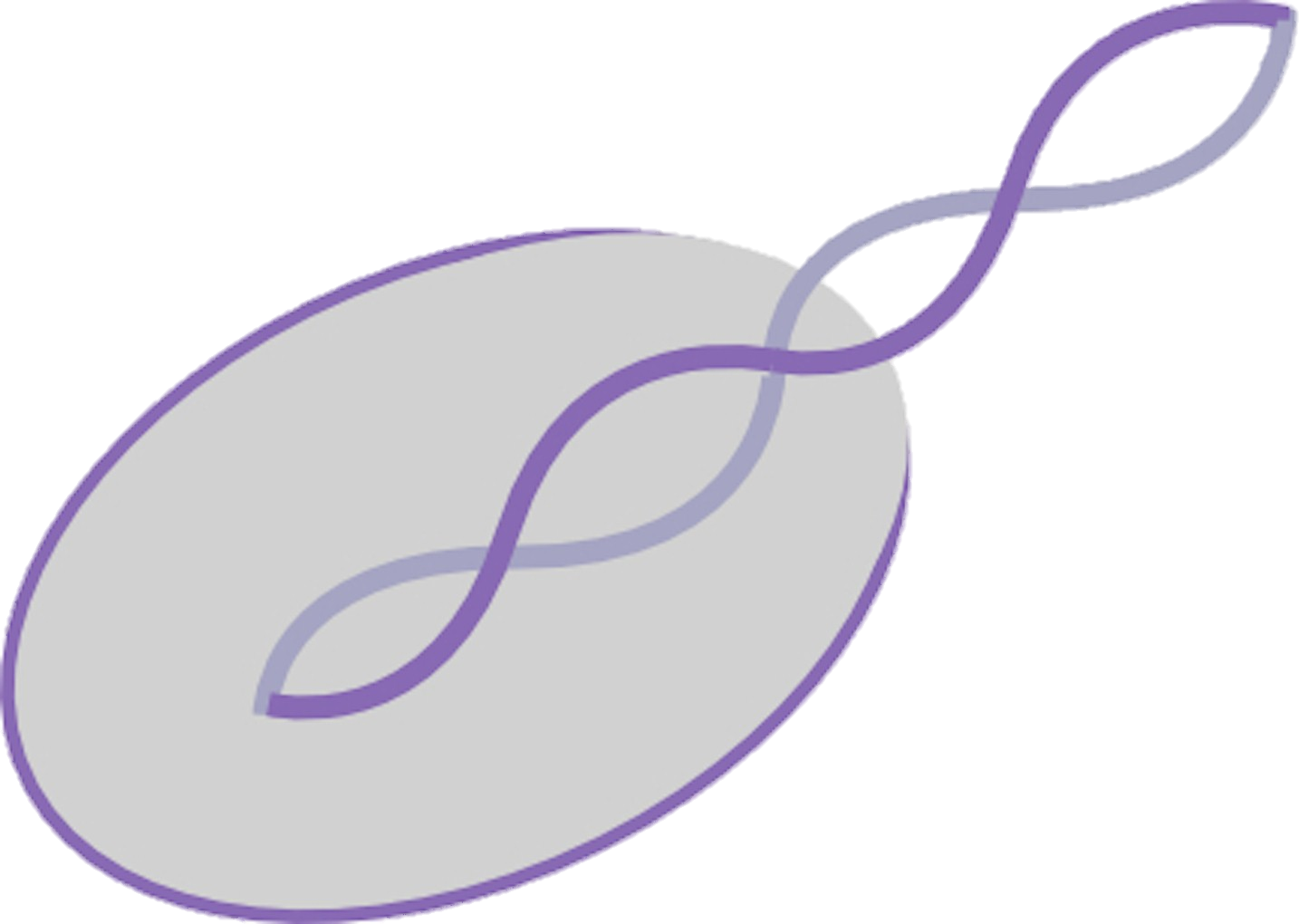target fulfilment period 2020-2024
The Interdisciplinary Centre for Bioinformatics is a central institution of Leipzig University whose main task is to work on scientific issues at the interface between life sciences and computer sciences.
In addition to its own teaching and research activities, the IZBI supports major proposals under the leadership of the University of Leipzig, such as the SFB 1052 ‘Mechanisms of Obesity’, the SFB 1423 ‘Structural Dynamics of GPCR Activation and Signalling’, the Cluster of Excellence proposal EXC3105 LeiCeM – Leipzig Center of Metabolism’, and joint proposals within the framework of EU, DFG or BMBF projects.
Our experts also supports data analysis in a large number of individual and joint applications without participating in project funding. The IZBI has played a major role in the design of some major proposals, including the recently approved Priority Programme SPP 2546/0 ‘Artificial Intelligence for the Design of Functional Proteins’ and the Research Training Group proposal ‘Advanced Computing in Antiviral Drug and Vaccine Design’.
Our Institute works closely with the groups of Humboldt Professor Jens Meiler at the Institute for Drug Development and the groups of Professor Dr Peter F. Stadler at the Chair of Bioinformatics. In addition, IZBI employees carry out supporting work for a whole range of collaboration partners within ULei, ranging from the analysis of omics data using both standard and specially adapted methods, to the identification of potential targets for pharmacology and the modelling of organs.
Since 2020, the IZBI has collaborated with
- the Institute of Virology, the Institute of Transfusion Medicine,
- the Institute of Medical Physics and Biophysics,
- the Rudolf Schönheimer Institute of Biochemistry,
- the Institute of Medical Informatics, Statistics and Epidemiology,
- the Department of Dermatology,
- the Research Laboratory of the Department of Visceral, Transplantation, Thoracic and Vascular Surgery,
- the Department of Endocrinology and Nephrology,
- the Department of Hepatology,
- the Department of Hepatobiliary Surgery and Visceral Transplantation and
- the Department of Haematology, Cell Therapy, Haemostaseology and Infectious Diseases.
- Nephrology,
- Hepatology,
- Hepatobiliary Surgery and Visceral Transplantation and
- the Clinic and Polyclinic for Haematology, Cell Therapy, Haemostaseology and Infectiology of the Medical Faculty and
- the University Hospital
- as well as with the Veterinary Physiology,
- the Institute of Biochemistry,
- the Institute of Bioanalytical Chemistry
- and the SDADS-AI of the ULei.
as well as 47 extern national and 54 international cooperations.
Including EU applications, the IZBI submitted 41 externally funded research project applications, 17 of which were approved. The IZBI succeeded in acquiring 5.9 million euros in third-party funding during the target fulfilment period.
IZBI thirdparty founded research projects during the reporing period:
- IMSAVAR – Immune Safety Avatar: nonclinical mimicking of the immune system effects of immunomodulatory therapies
- DECODE – Defining stratification of patients with C3 Glomerulopathies/ Immune complex –mediated glomerular diseases for better diagnosis and tailored treatment
- Single-cell RNA-Seq analysis of early melanoma development and treatment resistance
- 100 years and bouncing – genome-wide RNA sequencing of hematopoietic stem cells
- DigitalLifesience – Mobility projects for genome-based health research
- SECAI – Zuse School of Embedded Composite Artificial Intelligence
- Zero-eigenvalue bifurcations in chemical reaction
- de.NBI – German Network Bioinformatics
- LiSyM-Krebs SMART-NAFLD Phase I – A Systems Medicine Approach to Early Detection and Prevention of Hepatocellular Carcinoma in Non-Alcoholic Fatty Liver Disease
- LiSyM-Krebs SMART-NAFLD Phase II – A Systems Medicine Approach to Early Detection and Prevention of Hepatocellular Carcinoma in Non-Alcoholic Fatty Liver Disease
- LiSyM-Krebs C-TIP-HCC Phase I – Mechanism-based Multiscale Model to Dissect the Tipping Point from Liver Cirrhosis to Hepatocellular Carcinoma
- LiSyM-Krebs C-TIP-HCC Phase II – Mechanism-based Multiscale Model to Dissect the Tipping Point from Liver Cirrhosis to Hepatocellular Carcinoma
- ARTEMIS – AcceleRating the Translation of virtual twins towards a pErsonalised Management of fatty lIver patients
- CHOLANG – Mechanisms of the formation of ductular reactions in cholestatic liver disease
- ARCTIC – Artificial intelligence-based clinical decision support tool for personalized HCC risk stratification
- oBIG – omics – Bioinformatics for Health and System Biology
- LHA – Leipzig Health Atlas
- Field study for monitoring the spread of SARS-CoV-2.
- SaxoCOV – Development of an agent-based model of epidemic spread in Saxony, Germany
IZBI staff were involved in 132 peer-reviewed publications in the reporting period, of which 120 (approx. 90%) are open access publications. Since 2020, 58 (40%) of the approx. 130 peer-reviewed publications in which the IZBI has been involved, have been produced in collaboration with other ULei working groups, whereby the Chair of Bioinformatics and the Institute of Drug Development, which are closely linked to the IZBI, are not included in this figure.
Dr Georg Künze, Dr Matthias Elgeti and Dr Maik Tretbar lead junior research groups within the IZBI. During the reporting period, the IZBI supported pre- and postgraduate training in bioinformatics by supervising 38 students (1 Bachelor, 16 Master and 21 PhD), as well as 9 interns.
IZBI took part in the Long Night of Science 2023 in the area of public outreach events. Important conferences organised by the IZBI were:
- the conference Leipzig Computational Life Science Meets Oncology (2022)
- 9th Polar Day conference in coop with IMISE (2022)
- Conference and workshop Genome Bioinformatics for Health – Armenian-German Cooperation DigitalLifeScience for Genome based Healthcare (2024)
- 9th international Conference on System Biology of Mammalian Cells SMBC2024 on Translating System Medicine into the clinics (2024)
- Mittelerde Central German Meeting on Bioinformatics (2025)
For the IZBI, spin-offs are currently the most realistic and efficient option in the transfer area. We supported the spin-off of AI-DT https://ai-dt.de/ from the IWE.
